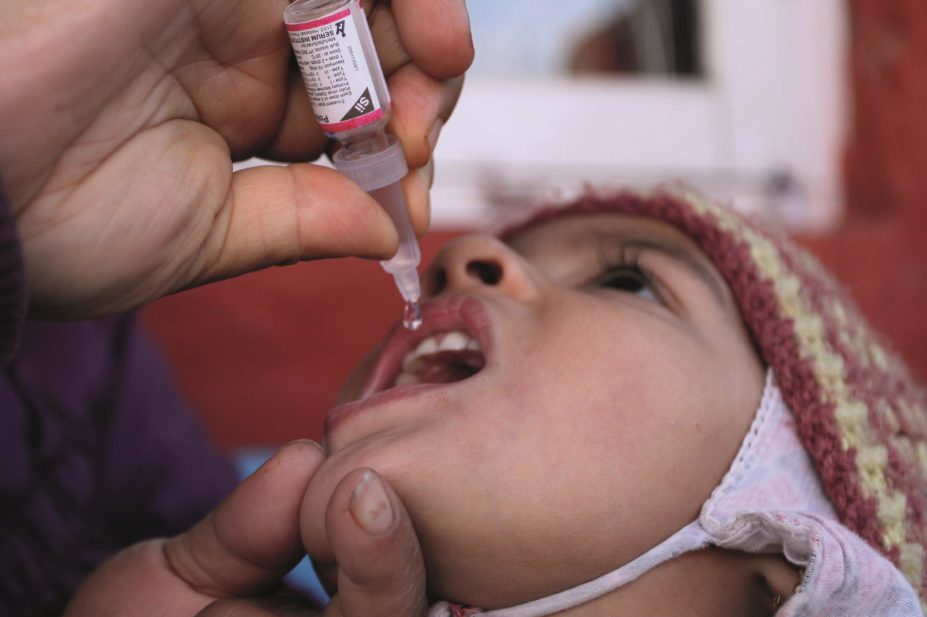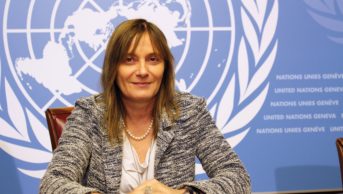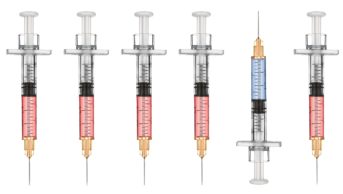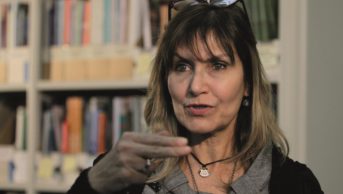
Xinhua / Alamy
Nepal is to become the first country to incorporate inactivated polio vaccine (IPV) into routine childhood vaccination programmes with the support of the Global Alliance for Vaccines and Immunization (GAVI).
The global polio eradication and endgame strategic plan, spearheaded by the World Health Organization (WHO), aims to eliminate the risk of vaccine-derived poliovirus (VDPV) and phase out all oral polio vaccines (OPV) in routine immunisation and gradually introduce IPV.
“This initiative is important because oral polio vaccine currently used is made-up of live attenuated polioviruses, and in certain conditions – particularly the type 2 component of this vaccine – can lead to circulation of vaccine-derived virus,” said Hamid Jafari, director of polio operations at the WHO.
Seth Berkley, CEO of GAVI, which is providing US$430m in funding for IPV in GAVI-supported nations up to 2018, said: “Nepal’s introduction of IPV with GAVI support marks an important moment in the global effort to secure a polio-free future.”
Besides Nepal, 25 countries have been approved to begin using IPV, with support from GAVI, including Afghanistan, where polio is endemic, and Pakistan.
The introduction of IPV as a routine immunisation in developing countries has been delayed by the high cost. Prices per IPV dose have dropped from around $3 to around $1.
OPV is a trivalent vaccine containing polio serotypes 1, 2 and 3 , with the type 2 component responsible for 90% of vaccine-associated cases, according to the WHO.
However, since the wild poliovirus type 2 has been eradicated since 1999, the first phase will see a switch from trivalent OPV to bivalent OPV, which contains only type 1 and 3 serotypes. Then, after the eradication of all polioviruses, the bivalent OPV will be removed as well, WHO says.
Jafari says: “We know from studies in India and other places, that once you give IPV to children who have already been vaccinated with OPV, you get very vigorous intestinal and blood immunological response. So this strategy, while mitigating the risks against type 2 polio, also rapidly boosts immunity against the remaining wild polio viruses types 1 and 3.
Nepal will give the IPV with the third dose of the OPV, he added.


